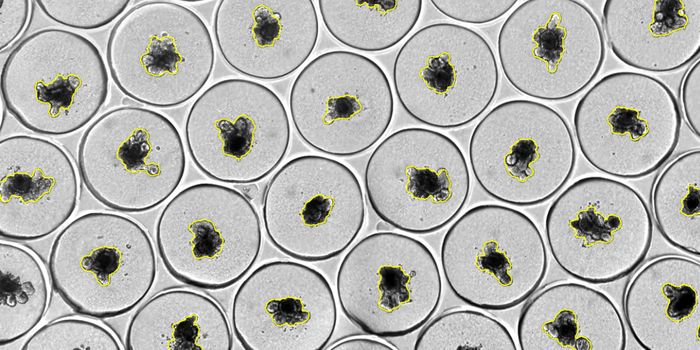Using senolytics to treat cancer
New research published in Nature Metabolism proposes using an already existing drug – a cardiac glycoside called ouabain – as a senolytic to kill off damaged aging or cancerous cells. Senolytics are a class of drugs that are capable of selectively killing senescent cells, or cells that have reached their natural aging process. Although senescence is normal, previous studies have shown that senescent cells can contribute to the spread and growth of cancer tumors.
While past research has identified some senolytics with potential anti-cancer properties, those tested up until now have also had serious side effects. However, the researchers behind the new study believe that ouabain may offer a safer alternative broad-spectrum senolytic, capable of targeting a varied array of aging cells. The research team hails from the MRC London Institute of Medical Sciences in the United Kingdom.
Senior author Professor Jesús Gil commented on the potential of ouabain, saying "These drugs are already used in the clinic, so they could be repurposed to treat a long list of diseases, including cancer. This is something we are keen to explore with our clinical collaborators. Moreover, many patients are being treated with digoxin, and an epidemiologist could look retrospectively and ask the question of whether those patients who were treated with digoxin are doing better than those who weren't."
Digoxin is another type of cardiac glycoside and is in the same class of drugs as ouabain. These drugs are usually prescribed to treat cardiac arrhythmias and atrial fibrillation; however, when the researchers experimented with them to see how they affect healthy and senescent cells, they discovered that ouabain, in particular, is capable of selectively killing aging cells.
In the study, which was conducted in aging mice with precancerous lesions in the liver and after radiotherapy, the team found that ouabain was successful in killing cells senescent from cancer as well as those senescent from exposure to radiotherapy or chemotherapy.
The authors say that future studies should continue to consider the potential of cardiac glycosides as senolytics in cancer treatments. They hope to continue their investigations in this field.
Sources: Nature Metabolism, Medical News Today








